
history
Evangelical weaknesses?

Michael Haykin
Date posted: 1 Mar 2022
When did Evangelicalism as a movement emerge?
Is it a relative newbie, as some would assert, a creation of the 1940s out of the ruins of Fundamentalism or is it even more recent, a product of the Sixties? Or does it have much older roots?
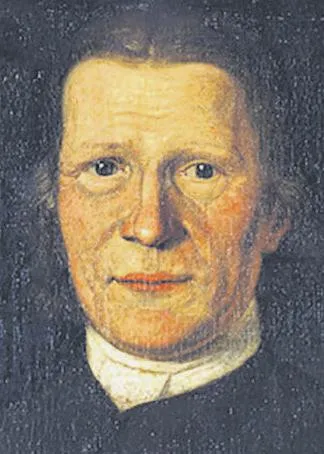
history
David Zeisberger’s zest for spreading the gospel

Michael Haykin
Date posted: 1 May 2021
When William Carey drew up his paradigm-changing book An Enquiry into the Obligations of Christians to Use Means for the Conversion of the Heathens in 1792, he included a mini-history of missions.
He cited examples of missionaries passionate for the expansion of the rule of Christ. In this mini-history, he referenced a remarkable missions-minded community, the Moravians. Carey’s words about this 18th-century body of believers are tantalisingly brief, but indicative of their influence upon him. ‘When I came to evangelism and missions,’ Carey noted, ‘none of the moderns have equalled the Moravian Brethren in this good work’.

history
Of Bede and birds

Michael Haykin
Date posted: 1 Jan 2021
Last month we looked at the life of Bede
(c.673–735),
the Anglo-Saxon historian
who is best known for his Church History
of the English People (Historia Ecclesiastica
Gentis Anglorum).
Why does this historical work – which
traces
the history of England
from
the
Roman occupation to 731, the year that
it was completed, as well as detailing the
conversion of
the Anglo-Saxon peoples –
merit calling Bede a model historian?
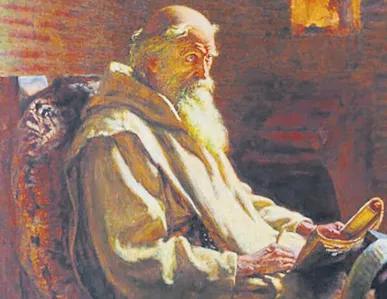
history
Bede, the quiet monk who lived through events that shook the world

Michael Haykin
Date posted: 1 Dec 2020
If I were asked which historian I would love to meet apart from the Biblical authors, I would say, without hesitation, Bede (c. 673–735).
An English Benedictine monk and scholar, Bede is chiefly known for his Church History of the English People (Historia Ecclesiastica Gentis Anglorum), a history of England from the Roman occupation to 731, the year that it was completed. In the Middle Ages, though, Bede was equally known for his 20 or so commentaries on various books of the Bible and a work on the Lord’s Prayer. In all, Bede wrote about 40 works, nearly all of which are extant. Regretfully, one that we do not have is his translation of the Gospel of John into Anglo-Saxon.

history
A passion for purple

Michael Haykin
Date posted: 1 Apr 2020
In 1856, English chemistry student William
Henry Perkin (1838–1907) was looking for
a cure for malaria – he stumbled upon a way
to make a synthetic purple dye from coal tar.
In so doing, he
literally changed history,
for his discovery led to advances in medicine,
photography, perfumery, food production, and
revolutionised the fashion industry.
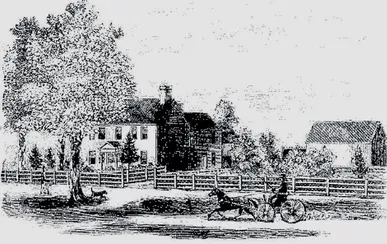
history
Loving the lost: following the example of Jonathan Edwards

Michael Haykin
Date posted: 1 Feb 2020
When Jonathan Edwards, who has been rightly described as ‘America’s Augustine’, left his pastoral charge in Northampton, Massachusetts in 1750, he received a number of ‘attractive’ ministry offers, including the presidency of a theological college in Scotland. He chose instead to go with his family to a small out-of-the-way frontier village by the name of Stockbridge, Massachusetts. Why this unusual choice?
Some have surmised that Edwards settled in Stockbridge because the rigours of ministry among a smaller congregation, which consisted mostly of Mahican Indians, would prove minimal, and he could then devote himself largely to his study and the major treatises that he wanted to write books on such issues as free will and original sin.
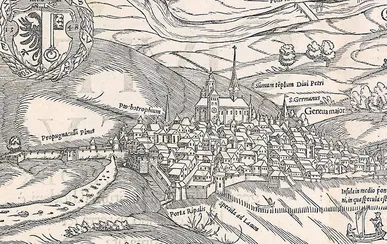
history
Reformers & mission V

Michael Haykin
Date posted: 1 Nov 2018
Geneva was not a large city. During Calvin’s lifetime it reached a peak of slightly more than 21,000 by 1560, of whom a goodly number were religious refugees.
Nevertheless, it became the missionary centre of Europe in this period of the Reformation. Calvin sought to harness the energies and gifts of many of the religious refugees so as to make Geneva central to the expansion of Reformation thought and piety throughout Europe. This meant training and preparing many of these refugees to go back to their native lands as evangelists and reformers.
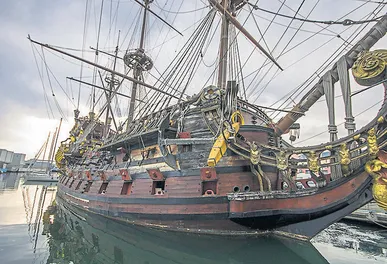
history
Reformers and missions

Michael Haykin
Date posted: 1 Jul 2018
The 16th-century Reformers had a poorly-developed missiology and overseas mission was an area to which they gave little thought.
That is what is said. ‘Yes’, this argument runs, ‘they rediscovered the apostolic gospel, but they had no vision to spread it to the uttermost parts of the earth.’ Possibly the first author to raise the question about this failure of early Protestantism was the Roman Catholic theologian and controversialist, Robert Bellarmine (1542–1621). He argued that one of the marks of a true church was its continuity with the missionary passion of the apostles. In his mind, Roman Catholicism’s missionary activity was indisputable and this supplied a strong support for its claim to stand in solidarity with the apostles.
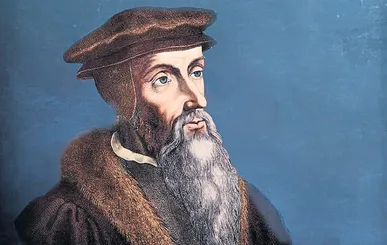
history
Reformers and mission II

Michael Haykin
Date posted: 1 Aug 2018
Last month we begin to think about the argument that the Reformers had no missionary vision or passion.
This month we continue to ponder this important theme by looking at John Calvin’s thinking about the missionary advance of the church.

history
Rule Britannia?

Michael Haykin
Date posted: 1 Sep 2019
Remembering the life of H M Gwatkin and the British Empire
The name of Henry Melvill Gwatkin (1844–1916) has long been a familiar one through his standard examination of the Arian heresy, Studies of Arianism (1882), which remains a classical study of this ancient heresy.
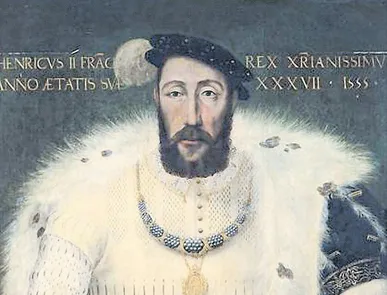
history
Reformers & missions III

Michael Haykin
Date posted: 1 Sep 2018
Calvin is insistent that believers must actively employ
their strength to bring God’s
salvation to others.
In his sermon on Deuteronomy 33.18-19
Calvin can thus argue that it is not enough to
be involved in God’s service. Christians need
to be drawing others to serve and adore God.
Specifically, how does God use the strength
of Christians? Calvin’s answer is that it is by
their words and by their deeds.
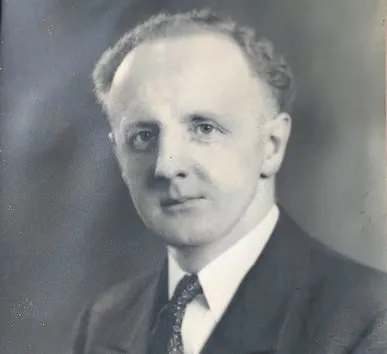
history
1919 revival in Toronto

Michael Haykin
Date posted: 1 Jun 2019
During and after World War
I, many
English-speaking Evangelicals were hoping
and praying that one positive result of the
horrors of that war would be a great awakening of men and women to their sin and
their need for the Saviour.
It was not to be; but there were local revivals,
a century on, that we should remember.
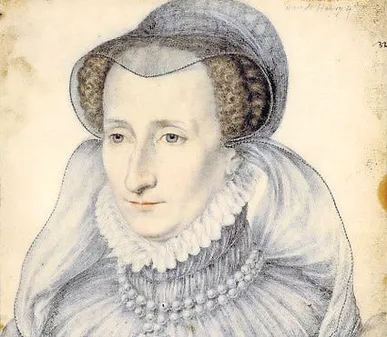
history
Reformers & missions IV

Michael Haykin
Date posted: 1 Oct 2018
In seeking to re-evangelise
Europe, the Reformers made
powerful use of the latest
technology at their disposal,
namely, the printing press.
By Calvin’s death in 1564, his interest in
Christian publishing meant that there were
no less than 34 printing-houses in Geneva,
which printed Bibles and Christian literature
in a variety of European languages. In the
1550s particularly, Geneva was a hive of
biblical editions and translations.

history
Calvin’s atrocities?

Michael Haykin
Date posted: 1 Feb 2019
‘The past is a foreign country; they do things differently there’.
This famous first line by L.P. Hartley (1895–1972) in his novel The Go-Between (1953) has long been a favourite maxim that orients my teaching of history, for it is notoriously difficult to treat former eras of history with the degree of empathy that they need to make them understandable.